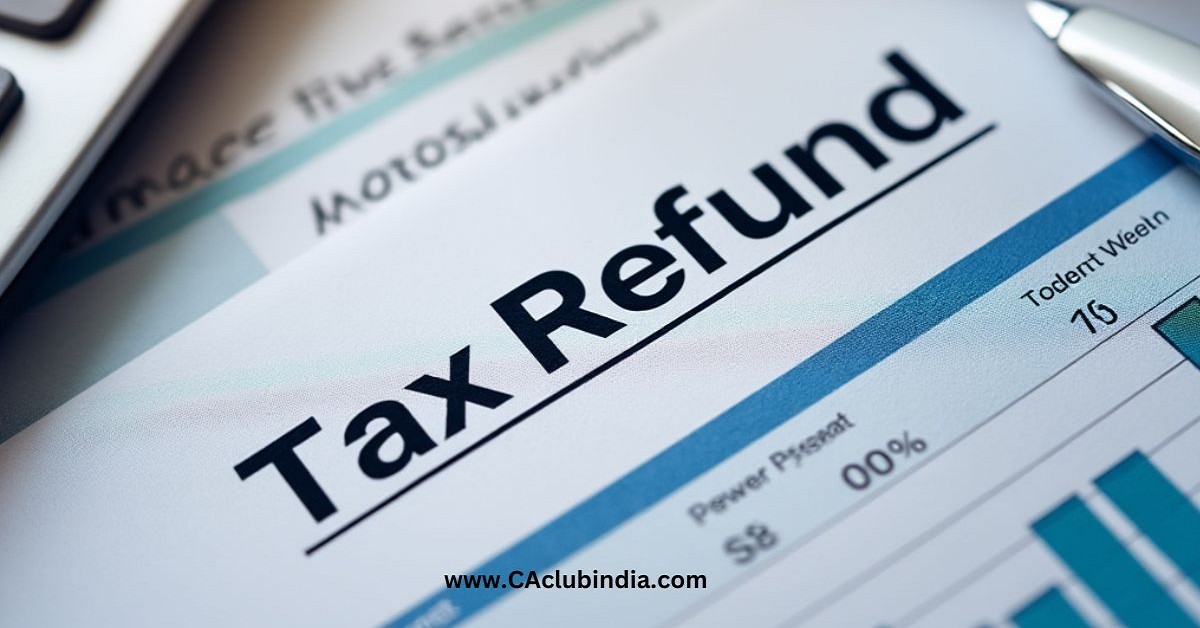The Jammu and Kashmir High Court recently penalized the Union Territory's GST Department with a Rs 30,000 fine for unjustly withholding a tax refund owed to M/s Hallmark, a garment manufacturer based in Jammu. The court ruled that the timeline for claiming a GST refund must be calculated from the date of the original application, not any subsequent follow-up requests.

The case began when the GST authorities rejected the entrepreneur’s refund application as time-barred, issuing a deficiency memo. A follow-up application, filed based on departmental advice, was denied on similar grounds, citing the expiration of the limitation period. However, the court quashed the deficiency memo, ruling that the follow-up request was a continuation of the original application and should not have been treated as a new submission.
A division bench comprising Justices Tashi Rabstan and Puneet Gupta directed the GST Department to release the withheld refund amounting to Rs 2,91,650, with an additional 7% interest from the date the refund was initially due. The court also mandated that the department pay a penalty of Rs 30,000 to the petitioner within two months.
This ruling establishes a significant precedent for future GST refund claims, emphasizing that follow-up applications linked to the original claim should not be regarded as new submissions, especially if the refund process is still ongoing. Moreover, the court reaffirmed that applicants should be granted a hearing before any refund claim is dismissed, as mandated by Rule 92(3) of the CGST Act 2017.
This judgment serves as a reminder to GST authorities to ensure proper application of the refund process and avoid unnecessary delays that burden taxpayers.







 CAclubindia
CAclubindia

